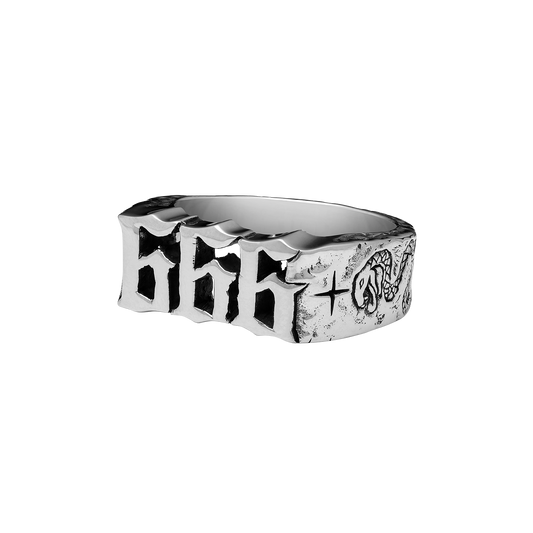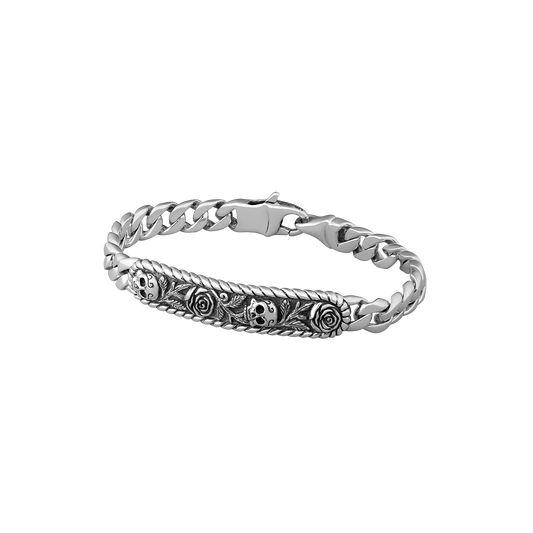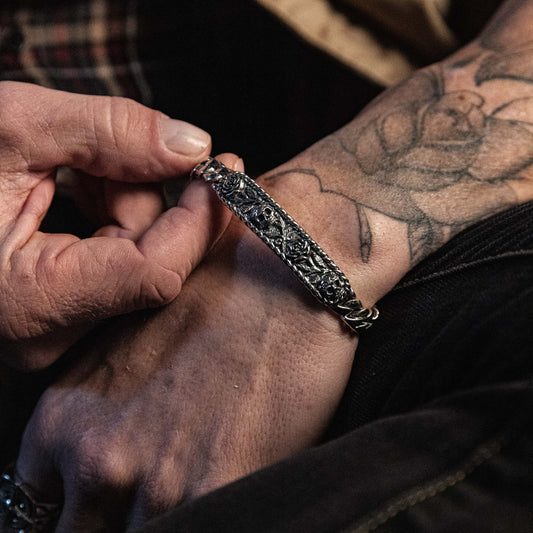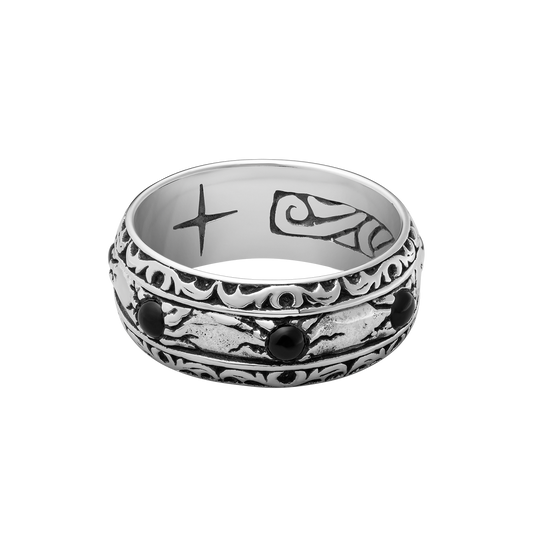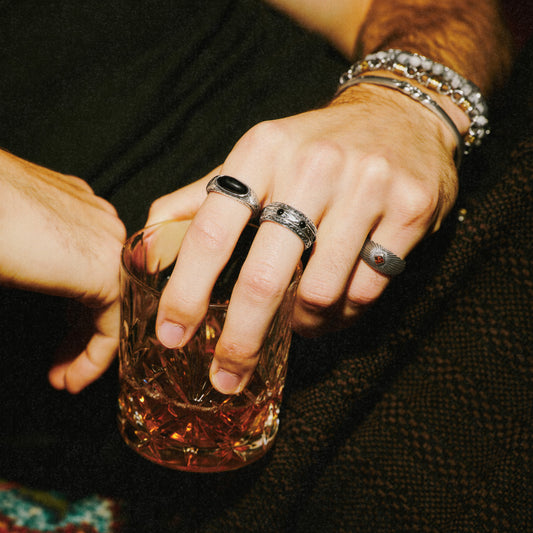Friday the 13th - an age-old superstition engraved into our minds. It's the day when the world of the unexplained takes center stage and captures the spotlight, igniting irrational fears and whispers of bad luck. For those who lean towards the unconventional, Friday the 13th carries a peculiar fascination. In this blog post, we embark on a journey to the core of the Friday the 13th mystery, unveiling its origins, decoding its cultural diversity, and maybe even reveal a different angle.
A Historical Perspective: The Genesis of Fear
The origins of the Friday the 13th mystery can be traced back to the realms of Norse mythology and the Christian religion.
Norse Mythology and the Unlucky "13"

Our journey kicks off in the epic tales of Norse mythology where, Loki, the ultimate trickster god, unknowingly set the stage for the superstition surrounding the number 13. The mischievous Loki, known for his cheeky, unpredictable nature, once crashed a divine dinner party. In doing so, he found himself as the 13th guest at this legendary gathering of gods, casually setting the stage for what would later become the superstition of Friday the 13th. It was as if Loki had played a cosmic prank, inadvertently marking the number 13 as an omen of bad luck in human folklore.
Christian Associations

Christianity added a few layers to the whole Friday the 13th superstition. They brought in some biblical events that made it even more fascinating. The Last Supper, where 13 guests gathered, and the crucifixion of Jesus on Good Friday, a pivotal moment, reinforced the superstition. Intertwining both Friday and the number 13 with ominous occurrences firmly established the Friday the 13th superstition.
Friday the 13th in Pop Culture
Superstitions will always find their way into pop culture, shaping the perceptions and fears of majority of the world. Back in the late 20th century, Friday the 13th emerged as a pop cultural phenomenon, all thanks to the iconic horror movie franchise featuring the unforgettable, Jason Voorhees. These pop cultural influences play a massive role in keeping the superstition alive.
The Friday the 13th Motorcycle Rally

Right in the middle of all this superstition, here comes a cool twist - the Friday the 13th Motorcycle Rally. Today, as we get into the Friday the 13th groove, bikers are revving up and rolling into Port Dover, Ontario, Canada, for this iconic event. It's a massive summer gathering with over 100,000 bikers, showcasing that rebel spirit we all dig, breaking the rules, and diving into the excitement of the unknown. Check out what's happening at the Friday the 13th Motorcycle Rally here: Friday the 13th Motorcycle Rally.
An Alternative Perspective
While Friday the 13th can be scary for some, but there's another interesting side to the story. Back in pagan days, Friday was about celebrating the divine - a day of love, marriage, and motherhood. The number 13, in turn, held deep connections to lunar and menstrual cycles, symbolizing the power of the feminine. When we consider the historical suppression of strong women, maybe it's time to rethink the story behind this 'unlucky' Friday the 13th date and and its connection to remarkable female deities. History is rich with awe-inspiring women who deserve our admiration and recognition.
The Psychology of Superstitions
Superstitions, including the fear of Friday the 13th, often defy logical explanations. In the United States, this superstition has become ingrained in the culture, even influencing how cautious people are and sometimes impacting businesses. But what's the deal with these irrational fears? It's all about our brains wanting some control in an unpredictable world. These superstitions, handed down through the generations, are like our trusty security blankets. They offer a comforting sense of control amid life's uncertainties. So, when we knock on wood or tote a lucky charm, it's like our way of saying, "I've got this!" While science may not always back them, superstitions give us a peek into our basic human need for reassurance and an extra sprinkle of good luck.
Exploring Superstitions Worldwide

While Friday the 13th is often seen as an unlucky day in the United States, it's pretty cool to explore how luck and misfortune can be seen in totally different ways across the globe. For instance, in Spain, it's Tuesday the 13th that's considered unlucky, and in Italy, they're cautious about the 17th day of any month. The origin of this unease lies in Roman numerals, where XVII, when rearranged, spells "VIXI," a rather eerie Latin phrase meaning "my life is over." However, just like the mysteries surrounding Friday the 13th, there's no concrete evidence supporting these beliefs - they're more like intriguing stories.
The Fear of the Number 13
For some, the fear of Friday the 13th goes beyond superstition and borders on a phobia known as triskaidekaphobia. The word, originating from ancient Greek, translates to "fear of the number 13." While superstitions are usually just fun beliefs, but they can become seriously overwhelming for certain people. But for most of us, Friday the 13th is just a superstition that we can have a good time pretending to be scared of, even though deep down, we know there's really nothing to be afraid of. However, for most of us, Friday the 13th remains a superstition we can have fun pretending to fear, all the while knowing there's really nothing to fear.
Happy Friday the 13th from Clocks + Colours
As we enjoy the eeriness of Friday the 13th, consider how Clocks and Colours can be a fitting companion on your Friday the 13th adventures. Our unique, handcrafted jewelry celebrates the heavy metal spirit, reminiscent of the fearless biker roaring into the Friday the 13th Motorcycle Rally. Whether it's our rugged rings, distinctive pendants, or bold bracelets, each piece tells a story of defiance and daring. Explore our collections to find pieces that resonate with you.





